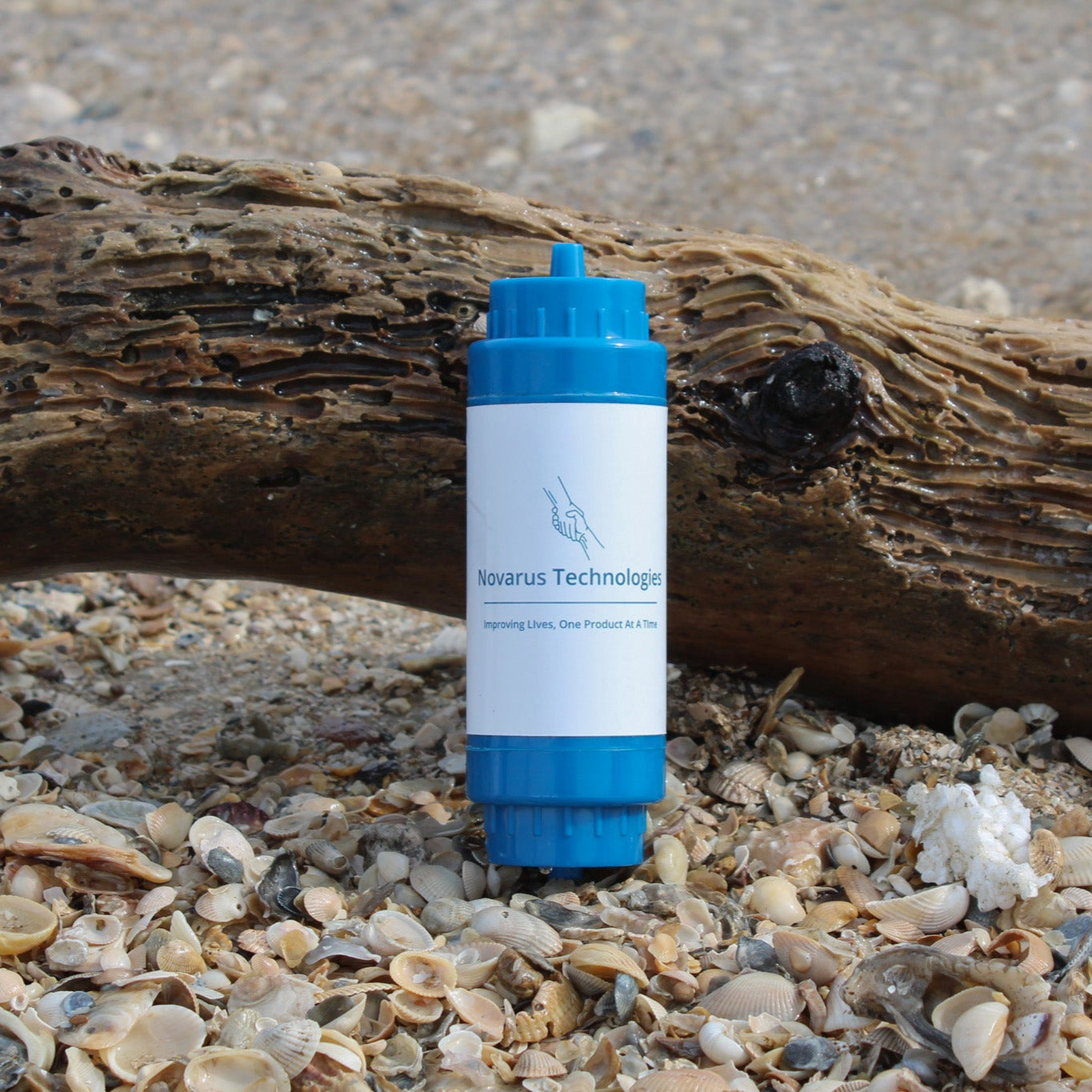In today’s fast-paced world, cars are a staple of everyday life, helping us commute to work, run errands, and travel long distances. However, the convenience of personal vehicles comes at a steep environmental cost. Traffic congestion and excessive fuel consumption contribute significantly to air pollution, a leading cause of global warming and health issues. One of the simplest yet most effective solutions to reduce air pollution is carpooling.
How Carpooling Helps Reduce Air Pollution
-
Fewer Cars on the Road Carpooling means fewer individual cars on the road, which directly reduces the amount of exhaust emissions being released into the atmosphere. Exhaust from cars contains harmful pollutants such as carbon dioxide (CO2), nitrogen oxides, and particulate matter, which contribute to both air pollution and the greenhouse effect. By sharing rides, each vehicle can transport more people while emitting the same amount of pollutants, thus decreasing the overall emissions.
-
Lower Fuel Consumption Fewer cars on the road means less fuel consumption overall. The less fuel we burn, the less CO2 is released into the atmosphere. Carpooling significantly cuts down on the amount of fuel used for transportation, helping to conserve natural resources and reduce our carbon footprint.
-
Less Traffic Congestion Carpooling helps reduce traffic congestion, which is a major source of urban air pollution. In congested traffic, vehicles often spend more time idling or moving slowly, leading to higher emissions. By reducing the number of cars on the road, carpooling allows for smoother traffic flow, which in turn decreases fuel consumption and emissions caused by stop-and-go driving.
-
Improving Air Quality in Urban Areas In densely populated cities, air pollution from vehicles can reach dangerous levels, causing respiratory problems, heart disease, and other health issues. Carpooling can significantly reduce the concentration of harmful pollutants in the air, leading to cleaner, healthier environments for people living in urban areas.
Environmental and Health Benefits of Carpooling
-
Reduced Greenhouse Gas Emissions: Carpooling can lower an individual’s contribution to greenhouse gas emissions by up to 50% or more, depending on the number of people sharing the ride. This can help slow the pace of global warming and reduce the overall impact of climate change.
-
Better Public Health: By decreasing the levels of harmful pollutants in the air, carpooling helps improve overall air quality, leading to fewer health issues caused by air pollution, such as asthma, lung cancer, and cardiovascular diseases.
-
Energy Conservation: Carpooling conserves energy by reducing the demand for fuel. This not only helps reduce dependence on fossil fuels but also encourages the development and use of renewable energy sources in the long term.
How You Can Start Carpooling
-
Join a Carpool Group: Many workplaces and communities offer carpool programs. Sign up with colleagues, neighbors, or friends to share rides to work or social events.
-
Use Carpooling Apps: Numerous apps and websites are designed to connect people looking to carpool, making it easier than ever to find ride-sharing options.
-
Plan Ahead: Coordinate with your carpool group to establish schedules and routes that work for everyone. By planning your trips, you can maximize fuel efficiency and reduce travel time.
Carpooling: A Small Change, a Big Impact
Carpooling may seem like a small shift in your daily routine, but it has the potential to make a huge difference in the fight against air pollution. By sharing rides, you not only reduce your environmental footprint but also contribute to cleaner air, less traffic congestion, and a healthier planet. So next time you head out, consider leaving your car at home and catching a ride with a friend—it’s a simple way to make a big impact.


